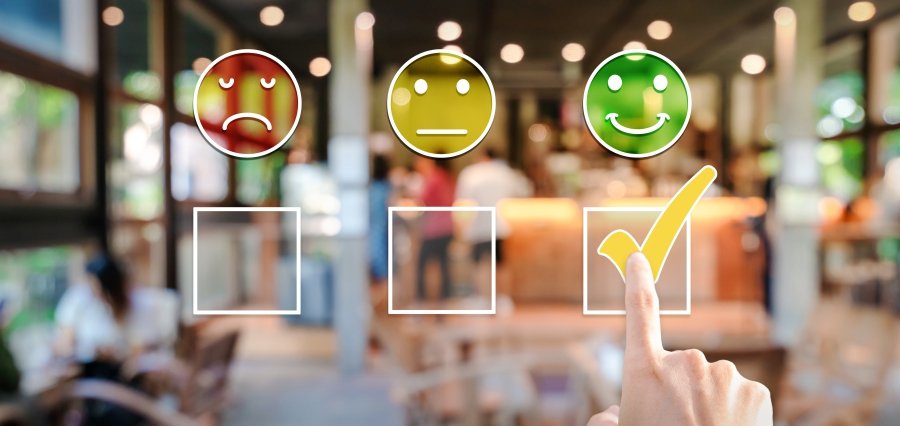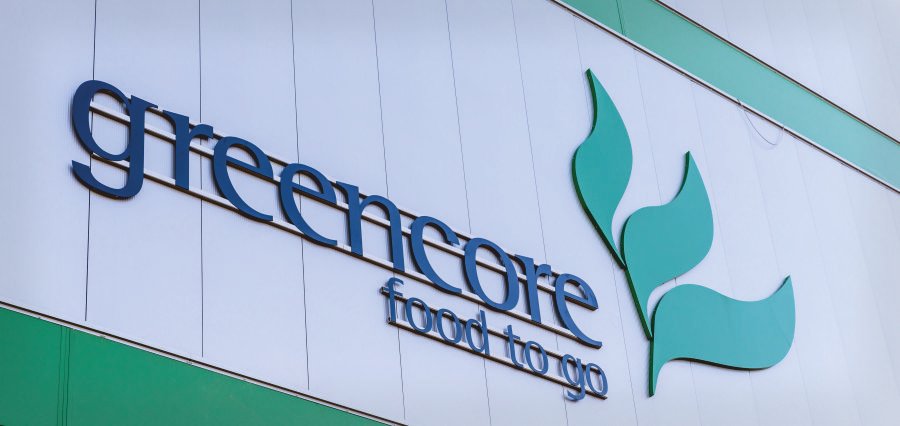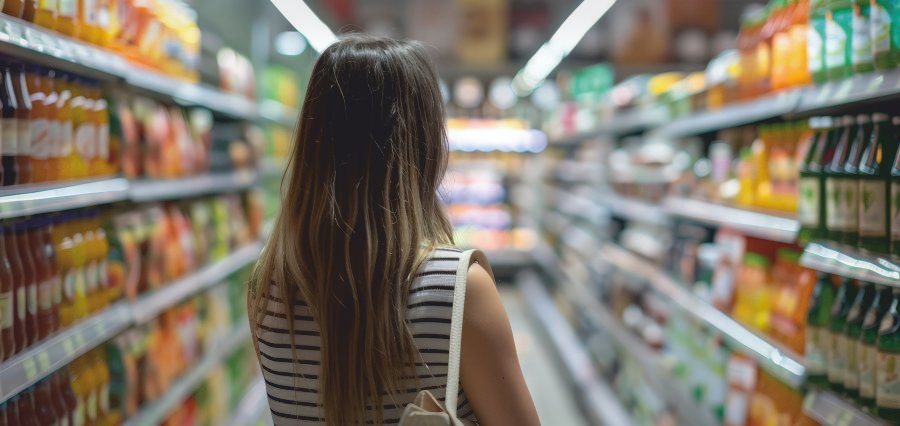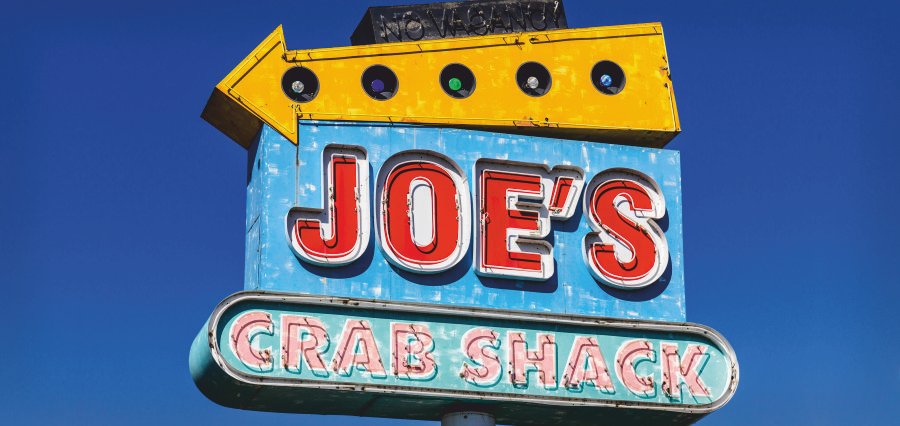A Growing Trend
In the last ten years, sustainability has become a powerful influence in nearly every enterprise—and in the beverage franchise industry, not least. Coffee franchises, smoothie franchises, and others have been seeing the need to incorporate ecologically friendly practices into their operations to meet consumer demands, defend against regulation, and save the earth. Yes, this new sustainability is indeed about being green, but it’s also about being smart in an increasingly more demanding economy that demands more and more transparency, accountability, and long-term vision.
The Shift in Consumer Attitudes
Today’s consumers care more about the environment and know more than ever before. Millennials and Gen Z lead the way, choosing products that are better for the planet. They’re asking important questions like: Where do the ingredients come from? What happens to the waste? Is the company working to cut down pollution?
For beverage franchises, this shift in thinking is a wake-up call. Businesses that incorporate green business in their operations can gain a valuable competitive edge. In fact, 73% of global consumers, according to a Nielsen study, say that they would change their behavior in the manner they consume in order to reduce their environmental impact. Beverage franchises today must do more than deliver chilled beverages—provide environmental responsibility as well.
Sustainable Sourcing and Ethical Supply Chains
One of the most powerful ways in which beverage chains may enhance their sustainability is through ethical supply. Coffee beans or tea leaves, or even the fruit used in smoothies, play a very large role in a company’s environmental impact, and where they come from is very important. Chains such as Starbucks and Dunkin’ already have current policies on sourcing coffee and tea that has been cultivated in an ethical manner by environmentally sustainable farms.
Sustainable sourcing is not just about saving forests or reducing pesticide use—also about promoting good labor practices. Many companies are joining forces with Fair Trade associations and third-party certifiers to guarantee that their supply chains are not only sustainable but also socially responsible. This establishes consumer trust to want their dollars to remain behind good business principles.
Waste Reduction and Recycling Programs
Single-use plastics have been the buzzword for wastefulness in the green economy, and the beverages sector has been repeatedly criticized for promoting it. As a result, franchises have taken a very physical step towards waste reduction. A few of them have begun replacing plastic straws and cups with reusable or biodegradable ones.
Recycling too is picking up. Drink chains are putting out recycling bins in their outlets and requesting people to bring their own cups. Chains like Starbucks have made discounts available as an incentive to customers who bring their own cups. These little changes, if replicated in thousands of franchise centers, can go a long way in reducing landfill inputs and sea pollution.
Energy Efficiency and Reduction of Carbon Footprint
Franchises are also examining how their stores consume energy and affect greenhouse gases. From energy-efficient appliances and LED lighting to solar power and LEED green building certifications, a number of franchises are investing in green infrastructure.
Together with renovating physical stores, some beverage companies are keeping themselves occupied reducing their carbon footprint through improved logistics and transport systems. Streamlining delivery routes and using electric or hybrid cars helps franchises cut down on fuel use and emissions and costs.
Innovations in Packaging
One of the most significant segments where sustainability can be increased is through packaging. The drink franchises are putting money into recyclable packaging, biodegradable materials, and innovative designs that cause little waste. For example, businesses are experimenting with plant-based plastic and fiber-based lids and straws that break down biodegradable easily.
There is also pressure towards “smart packaging,” in which technology is used to prompt consumers to recycle or follow product origin. These are green technologies with potential for more customer interaction and brand storytelling.
Challenges and Opportunities
While the requirement of sustainability presents a great deal of opportunities, it is not lacking in challenges. Green practices are expensive to introduce initially, and franchisees are not necessarily willing to embrace changes without appreciating some recompense. Also, sustainably sourced materials are complex to source, especially when using global supply bases.
Nonetheless, long-term benefits greatly outweigh the short-term costs. Reducing costs through efficiency, customer retention, and the creation of new markets can be achieved by sustainable methods. What is more, policies by governments and investor focus on ESG performance are about to drive the planet towards sustainability within the next two years.
Conclusion
Sustainability in the beverage franchise business is not a trend, it’s the norm. From green packaging to responsible social sourcing and waste reduction, franchises are rising to meet their mark. As the world evolves, those embracing sustainability not only save the world, but they set themselves up for long-term success in a reflective and competitive economy.
Read More – Red Bull Unleashes a Winter Surprise with New Red Bull Flavor: Iced Vanilla Berry






